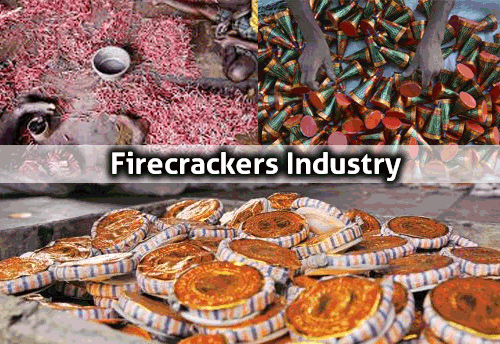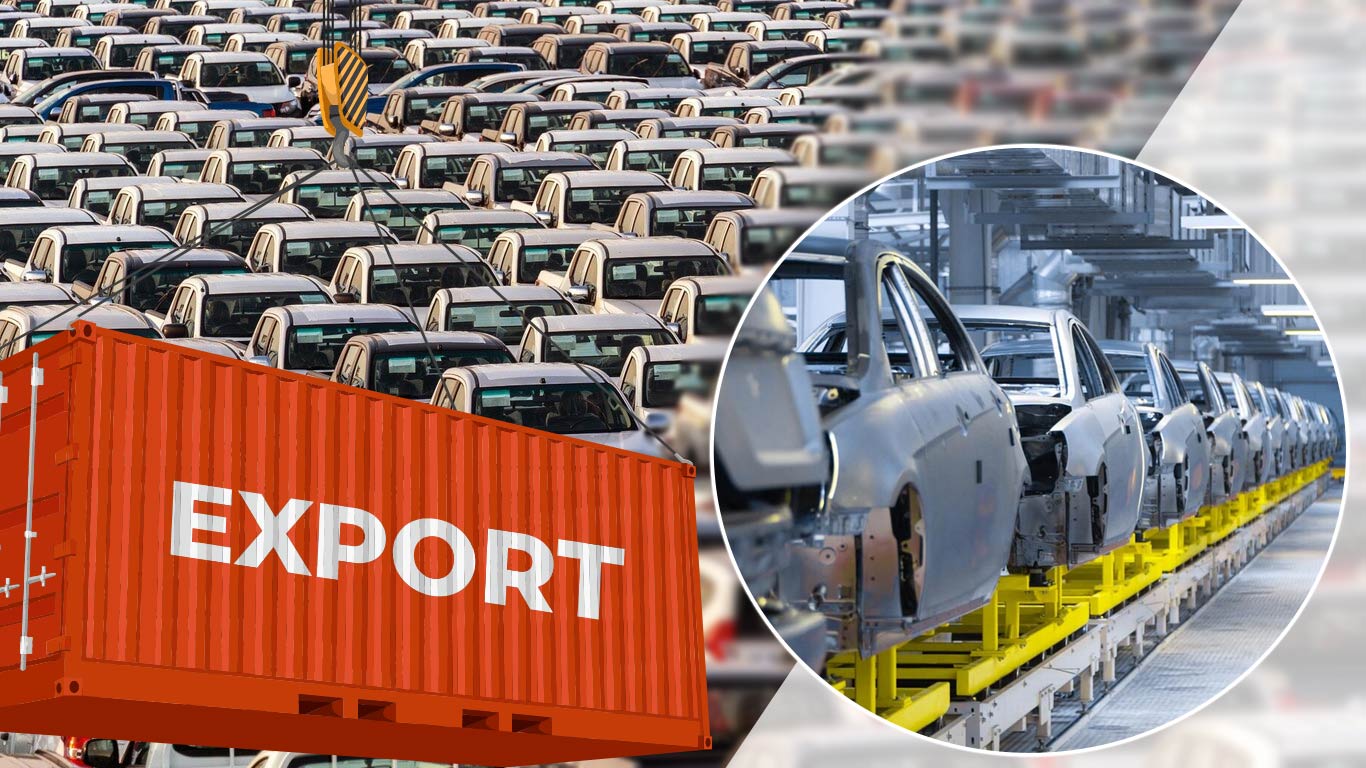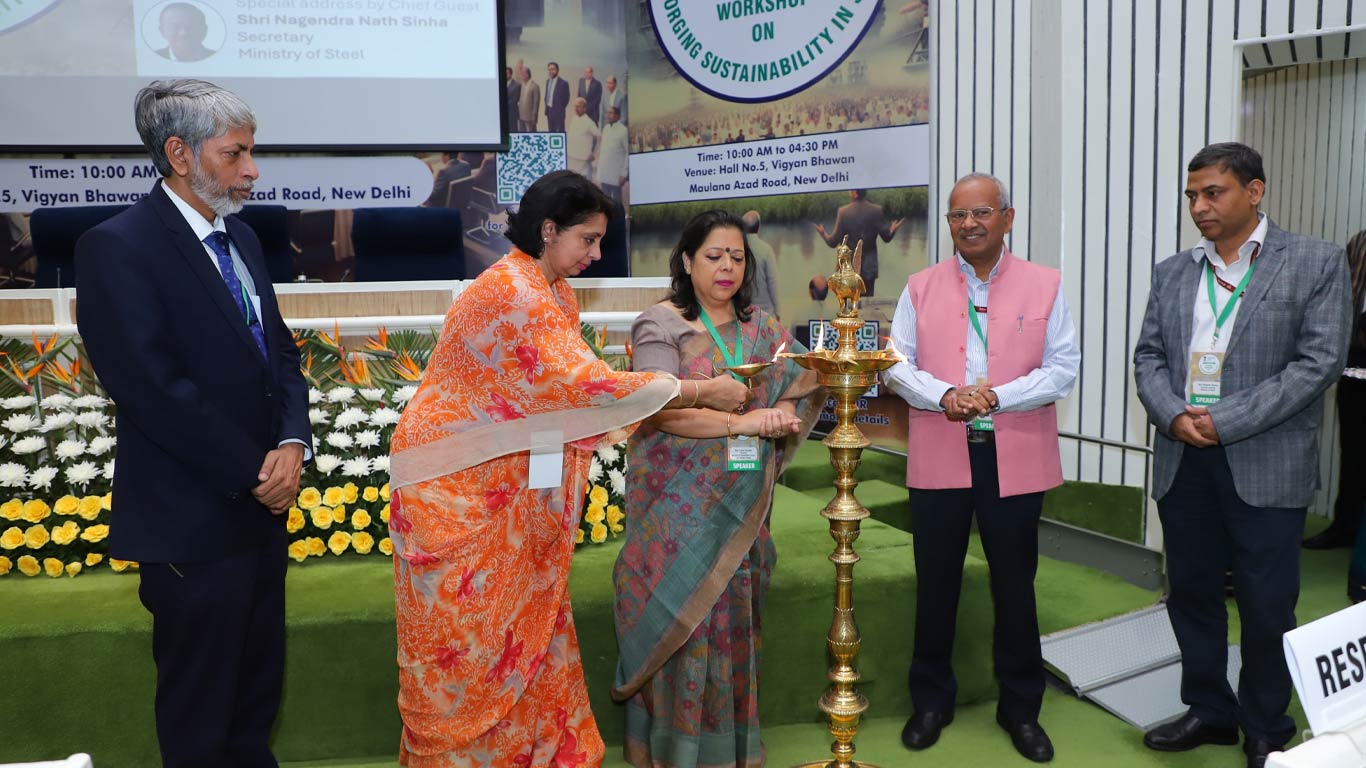Firework industry in Sivakasi has reached a point of disaster after SC order; TANFMA urges Environment Min to save the industry
Updated: Nov 13, 2018 09:22:12am

Firework industry in Sivakasi has reached a point of disaster after SC order; TANFMA urges Environment Min to save the industry
New Delhi, Nov 13 (KNN) The firework units, mostly comprising micro, small and medium enterprises (MSMEs) in Sivakasi are indefinitely closed after Diwali since they cannot produce any kind of fireworks after orders passed by the Supreme Court, said Tamil Nadu Fireworks and Amorces Manufacturers’ Association (TANFMA).
The association has urged the Union Minister for Environment, Forest and Climate Change, Dr Harsh Vardhan to take the appropriate action to save the industry and the livelihood of eight lakh families dependent on it.
In a written communication to Harsh Vardhan, TANFMA said “fireworks industry has reached a point of disaster and the fireworks factories all over the country, including the 1070 nos. in and around Sivakasi, have already closed down due to the Orders passed by Supreme Court on October 23 and 31, 2018.”
Although the top Court had outwardly ordered that there is no all India ban on the manufacture, sale and use of fireworks, some impractical conditions which have been imposed in the order amount to a total ban on fireworks, it added.
In its appeal, TANFMA said “When our clarification petition and modification petition were taken up for hearing on 30/10/18 and 31/10/18, all the parties brought to the attention of the Bench that the green crackers are not available now and that the CSIR-NEERI has also given the time-line of July, 2019 only.”
However, the Bench did not relent and ordered that green crackers only shall be manufactured, sold and used after Diwali-2018.
With no green cracker technology available, the 1070 fireworks factories in and around Sivakasi have been closed indefinitely from this Diwali-2018, said fireworks association.
The association further pointed that Barium Nitrate is a salt used since the very inception of the fireworks industry in India in the 1920’s. It is a salt commonly used in various countries in the making of fireworks and colour matches. Barium nitrate, its mixture or composition with other chemicals, the processes involving barium nitrate, etc. are all duly approved by the PESO as per provisions of the Explosives Rules, 2008.
The products manufactured with barium nitrate are all listed in the authorised list of fireworks maintained under the statutes.
Therefore the court ought not have banned barium salts on the ‘say so’ of the CPCB and MoEFCC (UOI) thereby breaching the rules already in place.
By the ban on barium salts, nearly 60% of the Industry’s products are lost. Even otherwise, since the non-existent ‘green crackers’ only are to be manufactured as per the Orders of the court, the industry is totally lost with no product left to be manufactured.
“Joined crackers (garland or laris) constitute more than 20% of the total production. They do not contain barium nitrate. Yet they are banned.”
Regarding firecracker noise, the association submitted that the statutory noise standard for garland crackers has already been notified in the year 1999 under the Environment (Protection) Rules, 1986. This was upheld by the Supreme Court also in the year 2005 in its Order in WP(C) 72 of 1998. So noise level of garland crackers has already been taken care of in the Statutes passed by the Parliament.
Already because of ban on barium, 60% products cannot be manufactured and because of ban on joined crackers, another 20% of products is lost.
On time restriction, TANFMA said “India is a Federal State with different traditions and cultures. There are various festivals and celebrations in various regions with different timings. The traditional enjoyment with crackers may not be hit by limiting the duration to two hours.
The Direction of the court goes against the beliefs, customs and traditions of various sects of people. These people cannot be compelled to change their traditional ways of celebrations.
This restriction in timing has also hit the fireworks industry seriously and crimpled it. The industry caters to the needs of the Public and when the Public cannot use firecrackers as per their wish and occasion, there will be no takers of fireworks.
The association urged the Minister to bring to the attention of the court that the 2-hours time-limit is not capable of compliance and implementation leading to anarchy. The existing provisions relating to time duration of fireworks as prescribed under the Noise Pollution (Regulation and Control) Rules, 2000 may be maintained.
It further requested the Minister to approach the Supreme Court by means of suitable petition to explain and remove the ban on barium salts until an alternate chemical is found. Use of barium salts is duly approved under the Statutes and there is no sufficient cause to ban the same.
Requesting the Environment Minister to support their plea, the association said “The several thousand factories and more than a crore dependents cannot lose their business and livelihood for one year.”
The permanent remedy therefore will be to exempt use of fireworks from the provisions of Rule-3(3B) of Environment (Protection) Rules, 1986. As already explained many times earlier, under the provisions of Rule- 3(3B), fireworks is already eligible for exemption since the emissions prevail in the atmosphere for not more than 48 hours (two consecutive 24-hours average). Therefore, because of the short term emissions, use of fireworks may be treated as exceptional event as is the practice in other countries and exempted from the provisions of Environment Rules.
It is the world-wide practice and there is no restriction or ban on fireworks in any part of the world. Also, to bring a quick remedy, an Ordinance may be passed in this regard, so that the factories can open and give employment to its workers before disaster sets in.
This is the only permanent solution that can be given to the fireworks industry, otherwise the industry will be haunted every year by before every Diwali.











